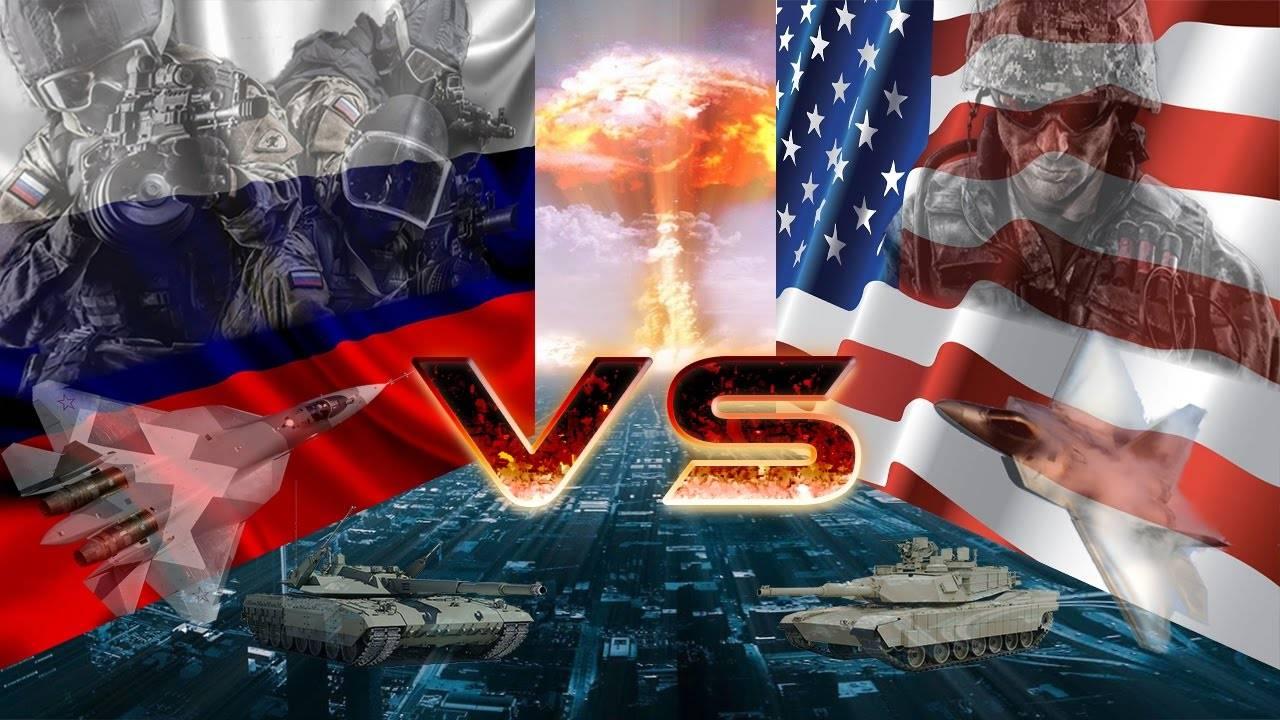Expert predicts nuclear war if only Russia, China, US directly collide Russian political scientist in touch with Caliber.Az
Caliber.Az presents an interview with Russian political scientist Pavel Klachkov.
- How long, in your opinion, will the active phase of Russia's war in Ukraine last?
- It is quite difficult to give an accurate forecast of the duration of this conflict now. In my opinion, the conflict has already acquired a rather protracted character and has a great chance of becoming a long-lasting one, like the Indo-Pakistani one, which from time to time freezes and then escalates. At least at the current stage, there are trends indicating that the active phase of the war in Ukraine will last until the end of this year.
- How likely is the expansion of the geography of military operations and which country may be under attack in this case?
- I believe that with the unfavourable development of the situation and the unreasonable behaviour of some countries, Poland may be involved in the conflict. Such a situation will not bring anything good to Poland itself, except that it will be at the epicentre of the conflict and, moreover, the injured party. Perhaps this fact will delay the fighting to a certain extent, but it will not affect their result. In all likelihood and unfortunately, Poland may become a victim of this conflict. I would like to hope that the Baltic countries will behave more cautiously since recklessness and lack of foresight make them vulnerable. The same applies to Moldova. I think, with a balanced policy and diplomacy, these countries can remain not involved in the Ukrainian conflict. But due to geographical location and recklessness, there is still a risk that they may be involved.

- Against the background of the confrontation between Russia and the West, did the prerequisites for a nuclear war arise?
- Provoking a nuclear war can occur in the event of a direct clash of superpowers - Russia or China with the United States. Sergei Shoigu's statement was recently announced that Russia does not plan to use nuclear weapons and that all goals can be achieved without the use of nuclear weapons. In fact, it exists as a deterrent weapon. If the United States does not force us to do this, I think it is unlikely that Russia will use nuclear weapons, because it is not in our interests. Nevertheless, such a threat cannot be completely ruled out.
- There are opinions in the expert community that after Russia, the United States will increase pressure on China. Do you agree with this assumption?
- The fact is that the conflict between Washington and Beijing is already a reality, and not some forecasts or reasoning. And is gaining momentum from day to day. Moreover, it unfolds gradually and, most likely, irreversibly. At the same time, China also has its own strategy aimed at fighting for a model for the further development of the global world order, while the United States insists on a model of sole domination and imposing its own rules of the game on everyone. It is quite difficult for China to put up with the policy of the United States, which imagines itself to be almost the highest judge on the planet. Russia, like China, does not want to put up with a unipolar world led by a universal judge – the United States. And in this sense, Russia and China are partners and allies.
- Does the Russian Federation manage to withstand the economic sanctions of the West and how does this manifest itself?
- The point is not that Russia withstands Western sanctions, but that it is the sanctions that give it the opportunity to develop successfully. Firstly, the sanctions imposed in 2014 and continuing to this day have allowed Russia to get powerful and modern agriculture. Secondly, they contributed to the development in the field of mechanical engineering and import substitution. Thirdly, sanctions have generally improved the Russian economy. Yes, there may have been some temporary difficulties in the field of logistics and laying new routes for international trade, but this was mainly due to the emergence of new partners and new rules of the game.
- And at the philistine level, did the sanctions have the same beneficial effect?
- At the level of ordinary people, there were also no problems with food or other consumer goods, and everyone lives as they used to live.
- Judging by your words, a new package of sanctions for 10 years ahead will be needed to further stimulate the Russian economy.
- The fact is that the introduction of sanctions has seriously hit those who introduced them. So, whether those who imposed them will withstand these sanctions in the next 10 years is a big question. I don't think so. Western sanctions allow Russia to develop industry and high technology, and there are all conditions for this, so those who develop sanctions are suiciders who shot themselves in the foot.
- What conditions do you mean created in Russia to promote technology?
- I mean that earlier technologies were not developed in Russia because they were borrowed from the West, and the possibility of developing these technologies in Russia was blocked at the level of political decisions since the time of Yeltsin's leadership. That is when the Russian economy was made resource-producing, large developments and advanced production facilities that surpassed their Western counterparts were destroyed. Now, with Russia's huge resource base, the only thing is that high technologies are not borrowed from somewhere, but developed here as was the case before.








